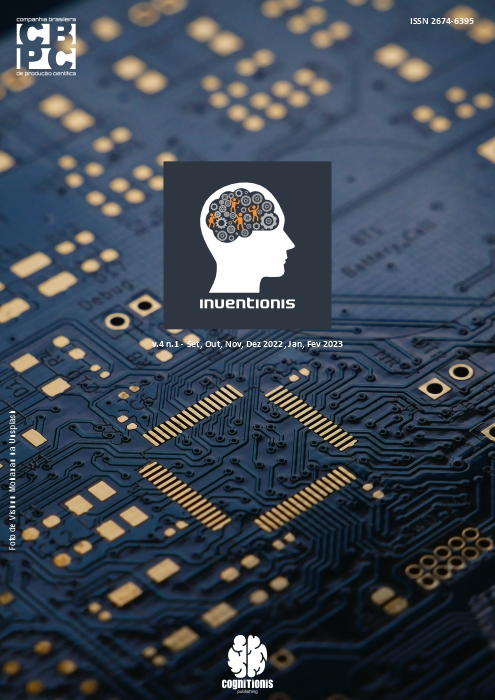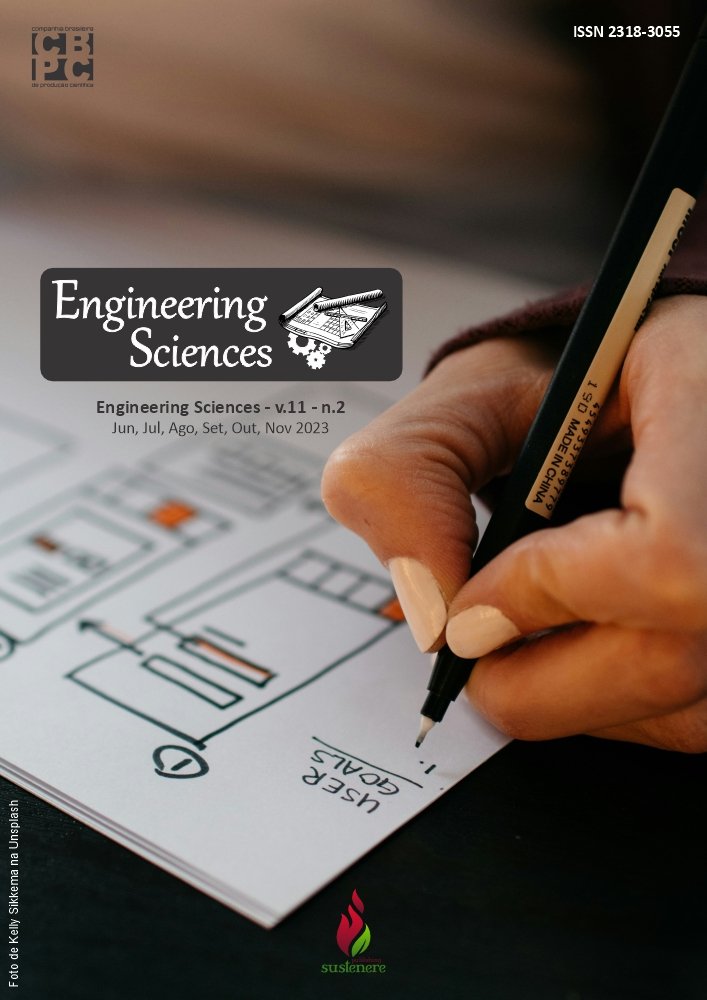Civil engineering model office: experience report on the eastern Amazon
DOI:
https://doi.org/10.6008/CBPC2674-6425.2020.001.0002Keywords:
Model office, Cross-sectional Themes, Engineering education, Active LearningAbstract
This article summarizes the experience report of the implementation of a Model Civil Engineering Office in a university in the interior of the Amazon. The migratory flows encouraged by public policies, as well as the spontaneous ones, among several positive and negative consequences for the Amazonian cities, resulted in a disordered use and occupation of the soil and with high rates of self-construction and precarious housing in the region. In this sense, the Engineering Model Offices are presented as a possibility to provide specialized technical services to economically underfunded populations through the technical and scientific resources available at the Universities. In addition, the practice developed by students participating in a Model Office may configure the active method learning exercise, as required by the Engineering Course Guidelines, adopted in 2019. Based on experience report, this article presents the possibility The Model Office is a tool for institutionalizing project-based learning, which is an active learning method, in a Civil Engineering course. Through the focus group analysis technique, synthesizing the information through an ethnographic method, it is possible to confirm the hypothesis that the Model Office is a guiding means for the implementation of active learning methodologies, being an additional resource for teaching Cross-sectional Themes. in Civil Engineering, such as Environmental Education, Citizenship, Gender and Diversity, Accessibility and Human Rights.
Downloads
Published
Issue
Section
License
The CBPC - Companhia Brasileira de Produção Científica (Brazil CNPJ: 11.221.422/0001-03) the material rights of the published works. The rights relate to the publication of the work anywhere in the world, including rights to renewals, expansions and dissemination of the contribution, as well as other subsidiary rights. All electronically published works may subsequently be published in printed collections under the coordination of this company and / or its partners. The authors preserve the copyright, but are not allowed to publish the contribution in another medium, printed or digital, in Portuguese or in translation.








